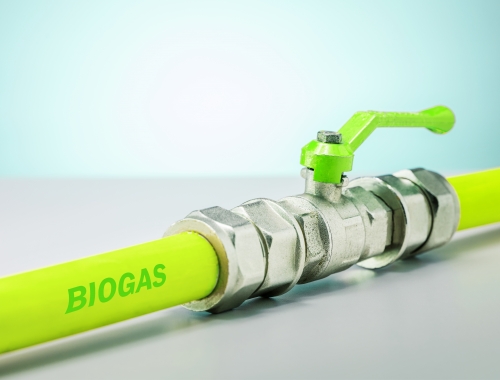Texas awards pore space to planned Repsol-led CCS hub
SUMMARY
Two tracts could store more than 600mn tonnes of CO2.
By Dale LunanThe Texas General Land Office (GLO) has awarded a proposed carbon capture and storage (CCS) hub project led by Repsol some 140,000 acres of pore space offshore Corpus Christi that could provide capacity to sequester more than 600mn tonnes of CO2.
The pore space, owned by Texas’ Permanent School Fund (PSF), was awarded to a CCS consortium led by Repsol (40% and operator) with partners Carbonvert (40%), Mitsui E&P USA (10%) and Korean steelmaker POSCO (10%).
The proposed project is to be located within 100 miles of more than 35mn tonnes/year of existing industrial emissions and more than 20mn tonnes/year of greenfield emissions expected by 2035.
The two tracts, awarded by the Texas School Land Board, lie within an area covered by Repsol’s licensed seismic database, and based on Repsol’s evaluation of subsurface geology could have a combined CO2 storage capacity of more than 600mn tonnes.
“Repsol is excited to lead and operate this project that will ultimately add to our strong presence in the country through our oil and gas operations and low carbon projects,” said David Ramos, geological low carbon solutions director for Repsol. “Corpus Christi is a strategic region for Repsol pursuing Low Carbon developments where the Port of Corpus Christi plays an essential role for the industry.”
The consortium will now enter a negotiation stage with the Texas GLO based on terms the partnership submitted along with the original request by the GLO. Final terms are subject to approval of the Texas School Land Board.








